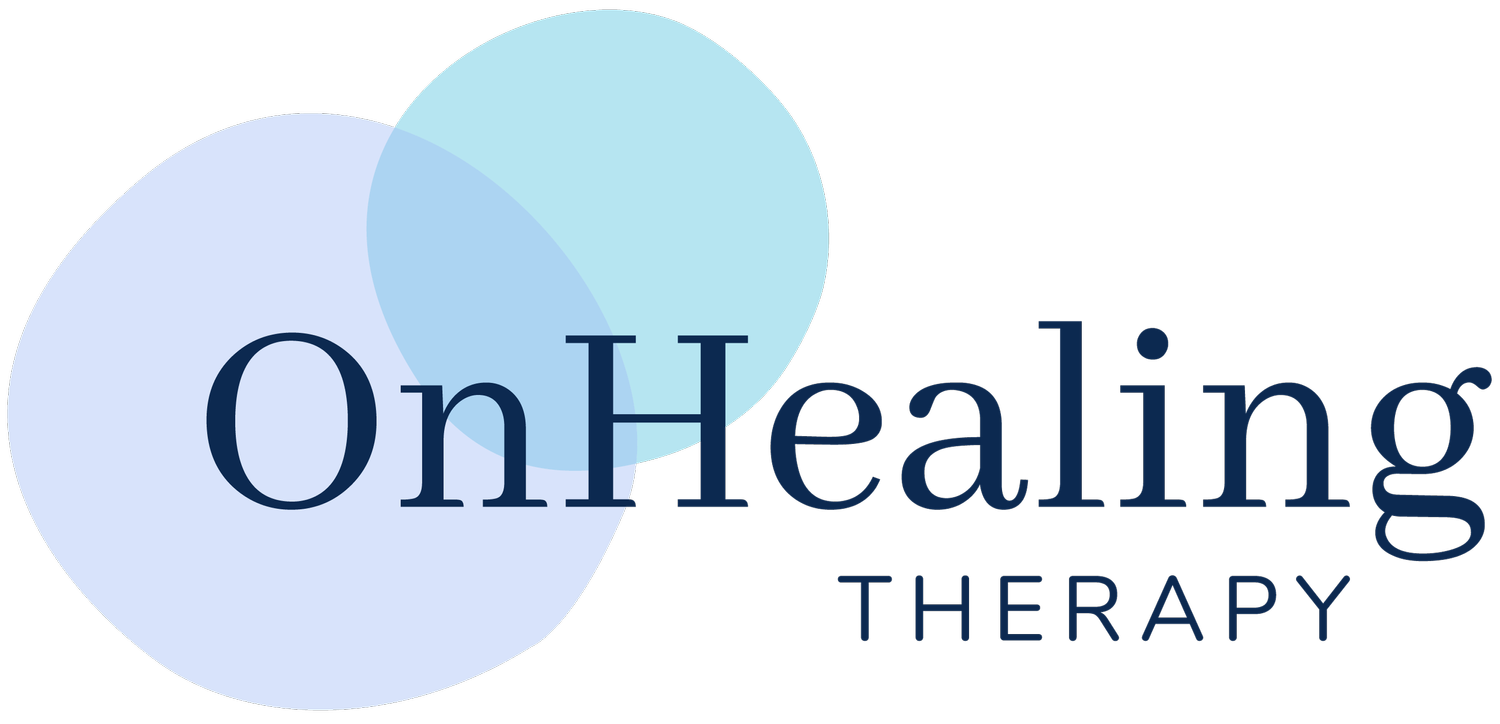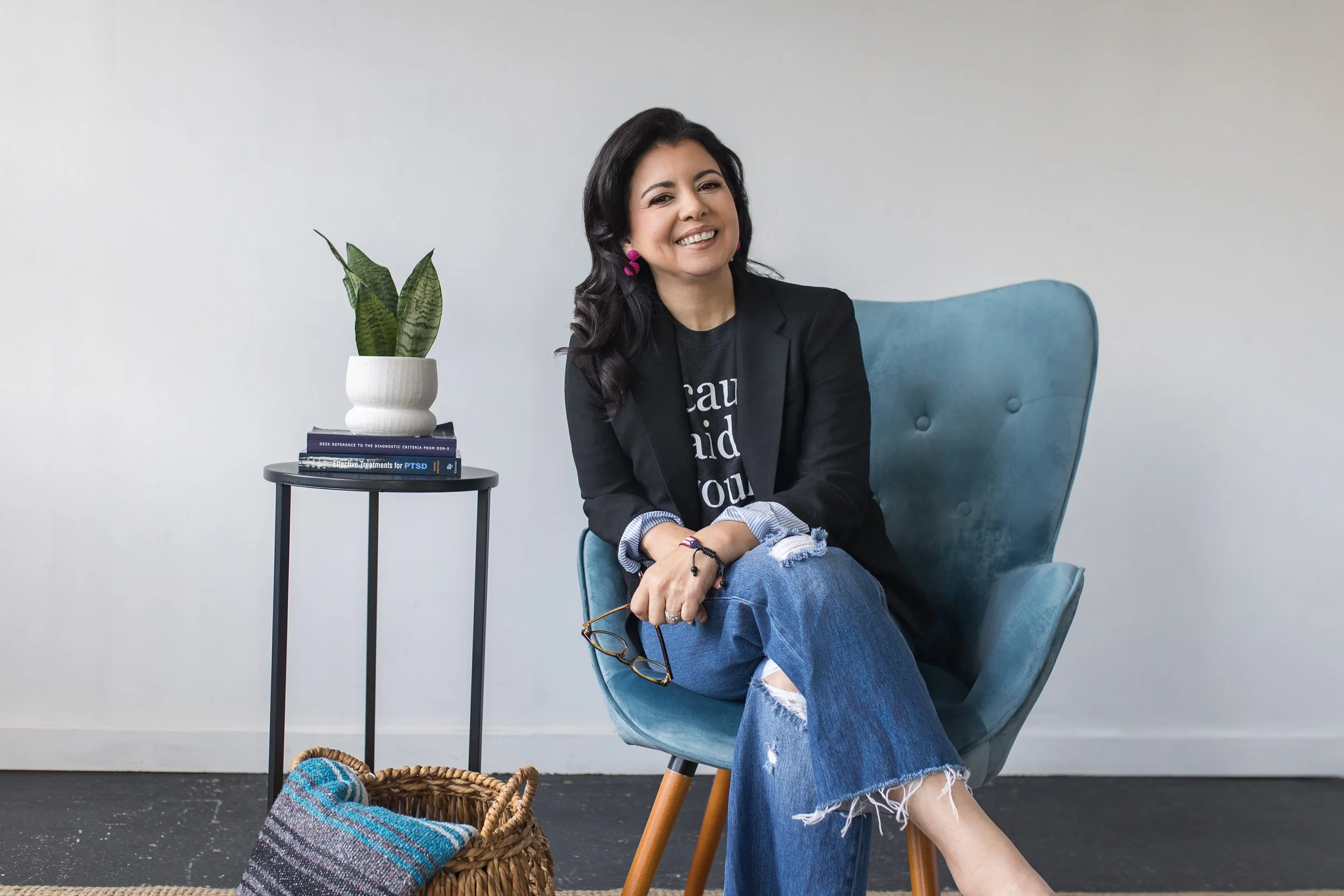
News & Events
The LATINO study, led by Baylor College of Medicine and the University of North Carolina, investigates Obsessive-Compulsive Disorder (OCD) among Latin American, Hispanic, and Brazilian populations. This international collaboration aims to understand how genetic factors influence OCD manifestations and treatments. With clinics spanning various countries and U.S. regions, the study seeks to diversify OCD research databases. Eligible participants aged 7-89 will contribute through questionnaires, clinician assessments, and saliva samples, either in-person or virtually.
Please feel free to reach out to the project team at latinostudy@bcm.edu or HERE
LATINO Study
POWER: Promoting OCD Wellness and Resilience
This study examines whether cognitive behavioral therapy (CBT) can aid children (ages 7 to 17) with obsessive-compulsive disorder (OCD) in discontinuing medication without relapse over 24 weeks. It offers free online CBT sessions over 12-18 weeks, alongside medication management. Eligible participants will undergo four assessments. Criteria include youth aged 7-17 with an OCD diagnosis currently taking medication. By assessing the efficacy of CBT in medication discontinuation, this research aims to provide insights into alternative treatment approaches for pediatric OCD management.
Please feel free to reach out to the project team at powerOCDstudy@bcm.edu or POWER Study - Eligibility Survey (bcm.edu)
Qualtrics Survey | Qualtrics Experience Management
The Menninger Department of Psychiatry and Behavioral Sciences at Baylor College of Medicine is researching the sociocultural context for OCD. The study will help us understand different geographic and cultural influences on the development, presentation, or maintenance of OCD. Our goal is to reach as many adults with OCD as possible in all 50 states so that we can better understand the impact of sociocultural and regional influences on OCD. The survey will take approximately 10 minutes. You will be asked about your OCD symptoms, stressful life events, personal attitudes and experiences, and basic demographics about yourself. You may also be asked about your experiences with and perceptions of exposure therapy for certain OCD symptoms.
You will not be compensated to participate in this survey. However, your participation may benefit the OCD community by contributing to existing knowledge about external factors, such as sociocultural experiences, that may influence OCD. This knowledge may be used to inform mental healthcare of people with OCD. If you have any questions, please contact Dr. Caitlin M. Pinciotti at Caitlin.Pinciotti@bcm.edu.
Bathroom Habits Survey
Baylor College of Medicine is conducting a research study to establish baseline data on typical bathroom behaviors. This information is valuable for various fields including public health, product design, and urban planning.
IOCDF kindly requests your participation in the survey. Your responses will be anonymous and confidential. Additionally, if you're comfortable, please share this survey with others who might be interested in contributing to this research.
By participating, you'll help create a comprehensive dataset that could lead to advancements in bathroom-related products, services, and public facilities. Your contribution will further IOCDF's understanding of this often overlooked but important aspect of daily life.


